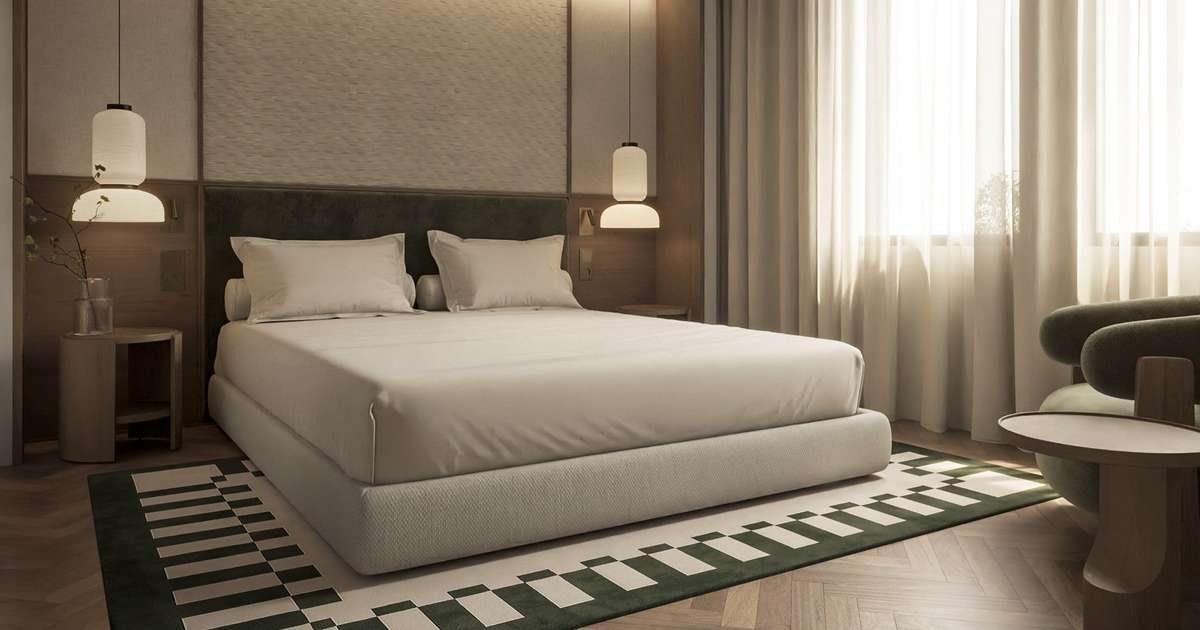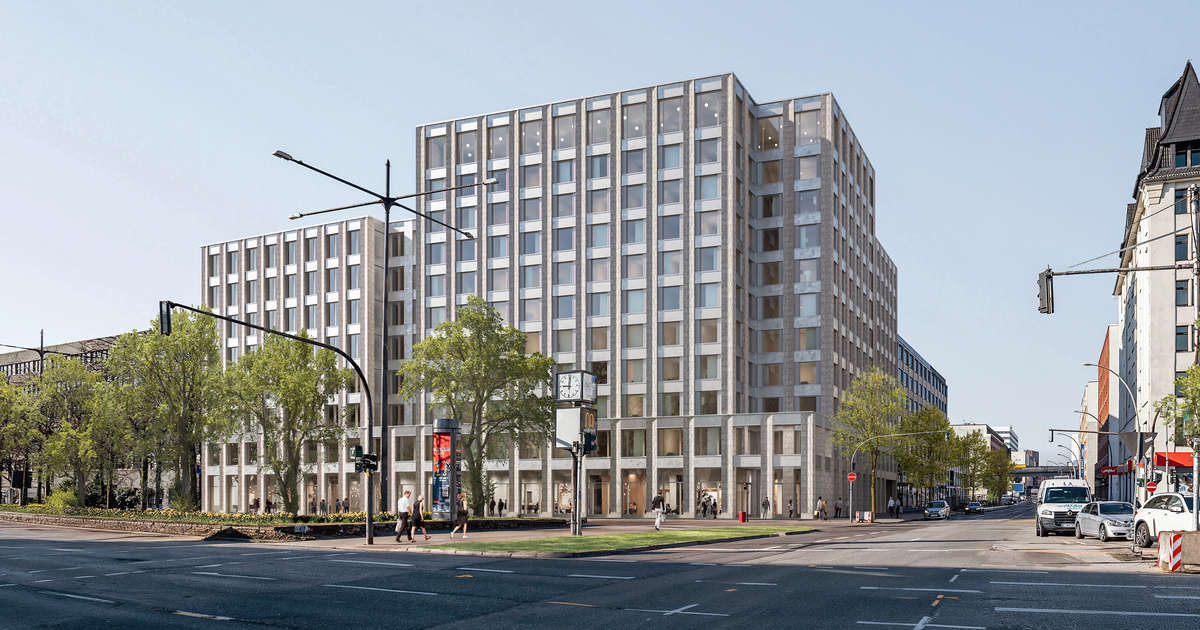
The sources of employees’ stress may be classified into four broad groups:
- Financial stress arises from concerns associated with money.
- Physical stress stems from atmospherics, ergonomics and strenuous tasks.
- Psychological stress originates from employees’ own perceived competency, the amount of flexibility at workplace, and the lack of standard operating procedures, etc.
- Social stress emerges from interactions with colleagues and guests.
Stress can lead to various physiological and mental strains, resulting in decreased work efficiency, increased absenteeism and voluntary turnover – which ultimately impact guest satisfaction and profitability.
Thus, it is essential to maintain employees’ well-being and help them manage their stress. Some organizations even have the job position of chief wellness officer to manage staff’s mental health.
Implemented Organizational Strategies
Based on literature, hotels and non-hotels have implemented a range of different strategies.
Financial Stress
- Some hotels practise using tangible rewards such as financial incentives to recognize front office employees’ upselling results.
- Others integrate financial wellness programs to help employees with their monetary management, and hopefully lighten their financial stress.
- In other sectors, companies have looked at changing their employee insurance benefits to include mental health claims.
Physical Stress
- Housekeeping employees are given light-weight vacuum cleaners, motorized cleaning carts and delivery robots.
- The front office teams have height-adjustable workstations to reduce back-related discomfort.
- Some hotels implemented pre-shift stretching routines to mitigate preventable injuries.
Psychological Stress
- A combination of internal training sessions, external development programs and counselling services is deployed.
- At Rio Tinto, a global mining company, its leaders and employees are trained to recognize “psychosocial hazards”, so they can detect any problem and extend assistance quickly. The company also has peer support programs for the more ‘specially-trained’ employees to play the crucial role of supporting fellow colleagues.
- Over at Singtel, a telecommunications company in Singapore, its employee wellness benefits include psychiatric and psychological therapy. It also avails a mental health application that allows its employees to access complimentary self-care programs and behavioral health coaching sessions.
- Some non-hotels organize activities such as fitness and art classes to keep employees healthy and engaged.
- Similarly, ccertain hotels offer their employees complimentary gym memberships and other wellness incentives such as discounted yoga classes – all aimed at providing relaxation and improving mental health.
Social Stress
- Research has found that interpersonal relationships with colleagues can be enhanced when managers integrate newcomers, promote an open communication culture, and conduct social activities to continually build teams.
- Some organizations adopt employee referral schemes for existing staff to recruit their own friends/relatives and create a social network.
- Training can also be conducted to help employees cope better in a diverse workplace setting. The training topics can include topics such as emotional intelligence, dispute resolution and even the management of gossip.
Suggested Organizational Strategies
In 2024, a research study was conducted in Singapore involving interviews with 58 frontline employees from a four-star hotel. The interviewees shared suggestions on what their organization can implement to alleviate their stress. While some suggestions might have already been implemented elsewhere, there are ideas that specific to their hotel.
Financial Stress
With regard to remuneration and benefits, the interviewees verbalised ideas such as increasing salary to match market rate, raising housing allowances for foreigners-employees, and availing leave days for their family care duties.
As meals are not provided at the hotel, a proposed idea was to replace the meal allowance with catered food.
“… (another hotel) orders bento for their staff every day. Maybe our hotel can consider this so that we don’t have to worry about this issue.”
Physical Stress
Besides having more stable internet connection and cooler temperature, the interviewees would like more storage space to relieve the physical strain of having to frequently move heavy items between different areas.
“The kitchen is quite small and cramped … not much space to store things … encounter back aches because we need to carry heavy things”
There was also a suggestion to set up a rest area that offers privacy for employees to relax and manage their feelings in quietude.
“… the seats (in the pantry) are insufficient and there is no private room… if you are already stressed, you wouldn’t want to be together with other people, you will want to be alone.”
As for equipment, the interviewees generally wished for higher-quality tools. Some cited examples included: security camera with higher resolution for easier identification of faces, painting sprays that provide more precise coverage, and wireless vacuum cleaners that are easier to manoeuvre.
Regarding furniture, the interviewees recommended sturdy chairs that can accommodate all physiques, and adjustable high-chairs at front office to match the height of the reception desk.
Psychological Stress
The interviewees suggested more training sessions and overseas exchange programs at sister properties. They opined that such sessions would enhance their competencies and cultural knowledge.
In addition, the interviewees proposed building a stronger support system by having anonymous helpline or in-house counsellor.
“… at my previous company, we have this 24/7 helpline which is anonymous… really helped me a lot… for any staff who is in trouble and experiencing work stress.”
Social Stress
While the interviewees reported that they get along well with their colleagues, there is still keenness to have quarterly bonding sessions (whether recreational or educational) to boost their work relationships.
There were also suggestions of holding regular, casual dialogue sessions to discuss workplace concerns. It was commented that such dedicated time for open communication can help improve their overall well-being, especially if the social connection takes place in a more relaxed format.
“… in the previous company I worked at, they have chit-chat and food- sharing session … help them to open up more about their troubles or any issue they face at work.”
Concluding Remarks
As stress continues to be a pervasive issue, it is critical that organizations listen to their employees and address their stress problems in their specific context. This is particularly vital in the hospitality sector where employees contend with significant pressure to meet both organizational expectations and guest demands.
Lee-Keng Ng
Associate Professor at Singapore Institute of Technology (SIT)
Singapore Institute of Technology (SIT)


